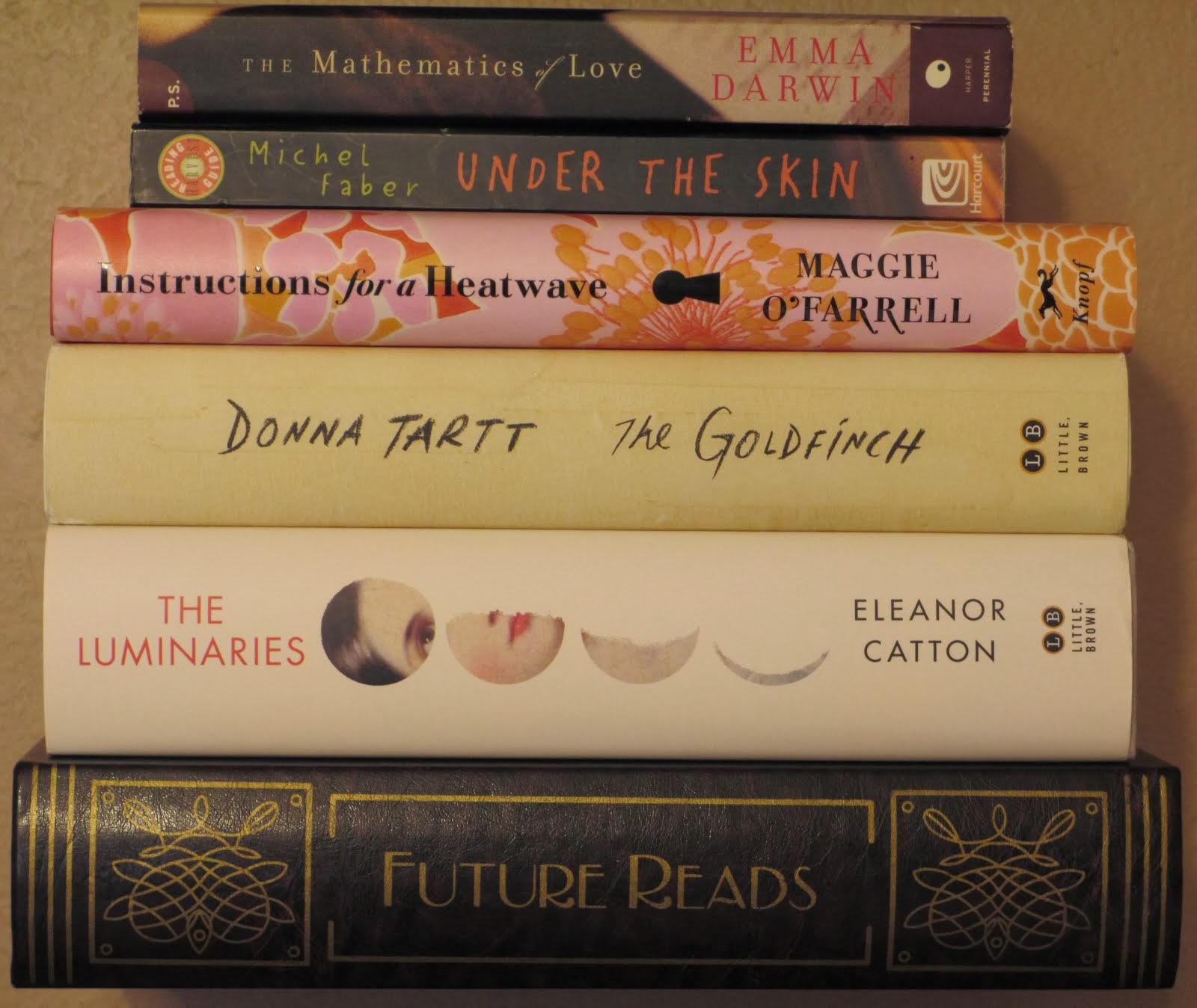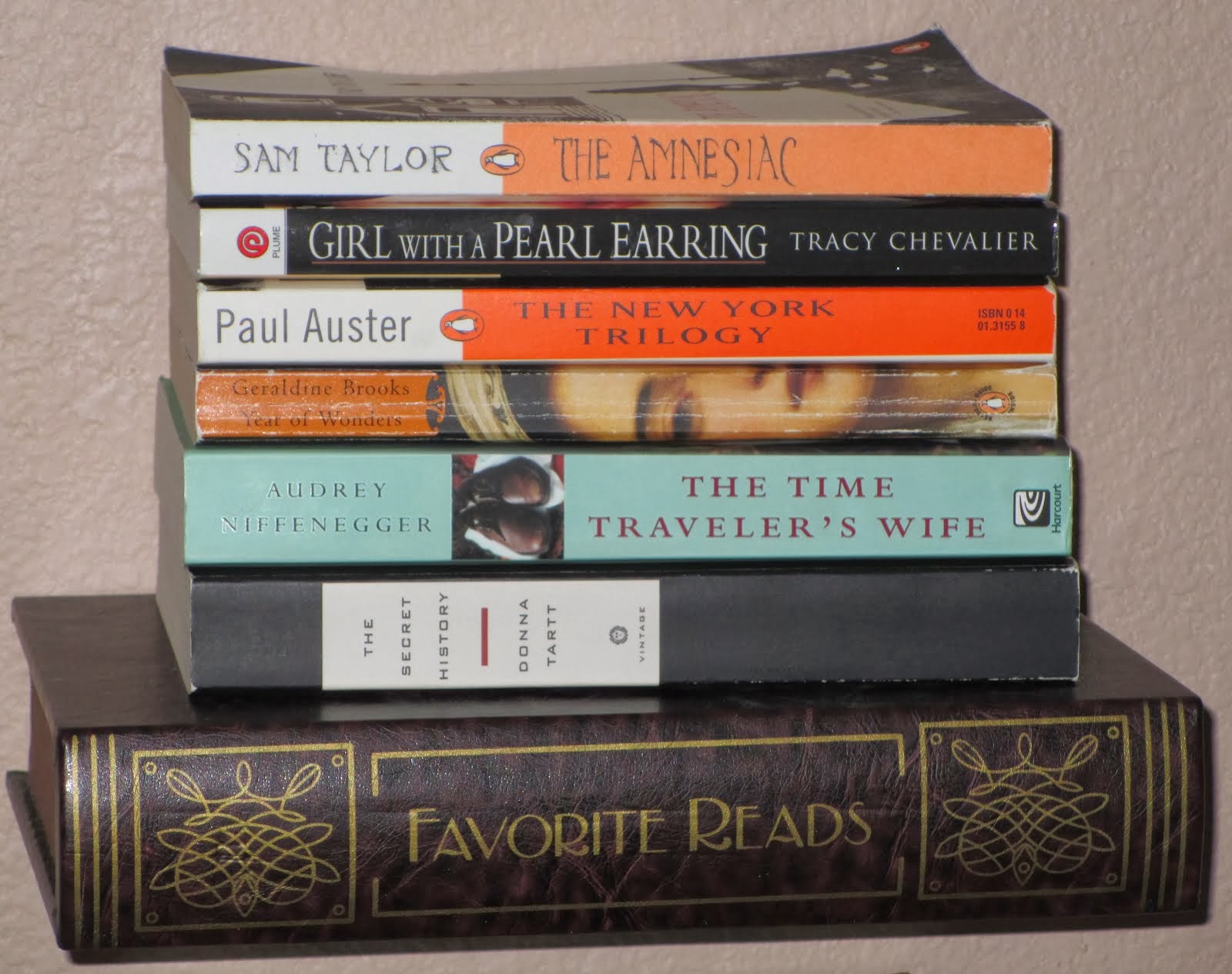Here's another one that has been on my List of Books to Blog About for months. I remember when I read it (last March); I remember where I bought it (the super-awesome Friends of the Library bookstore in Los Alamos); I remember how much I paid for it ($6, used) and why I felt like it was worth that price when most of the books there are $1 or less (it was already on my TBR list . . . plus it's a really nice hardcover book); but what I can't remember, and what I'd most like to remember, is how it ended up on my TBR list in the first place. Alas, that knowledge is gone forever, but aren't you lucky? I recorded a brief synopsis of each of the short stories in this collection as I read them. Posterity, rejoice.
"Christie": A study in jealousy. Who does it affect? Even if you rationalize or disguise it as a detached criticism of supposed pretensions, this perspective doesn't change the fact that it is truly envy at heart, nor does it change the fact that it eats away at you, not your target.
"Bait and Switch": This time the jealousy is mine. A rented beach house in Italy? One for me, please!
"The Secret Vote": Alice takes responsibility for a major decision on her own shoulders, avoiding input from everyone else. What she decides--in more than one matter--could be seen as slightly ambiguous. Would everyone read it the same way?
"Annabel's Mother": Like The Nanny Diaries condensed into a short story.
"Spoiled": Horse people at their best. Which is oddly similar to horse people at their worst.
"Eden's Gate": Something tells me Caitlin Macy had a spell as an initially-slightly-successful-but-ultimately-failed actress somewhere in her past. The pages of this book are far too populated with such characters for it to be otherwise. But that doesn't make it any less interesting to see that this actress's relationship is destined for failure well before either of the participants can see (or at least admit) it.
"The Red Coat": The awkward relationship between a Manhattanite and her unexpectedly iconoclastic cleaning lady.
"Bad Ghost": A woman at a funeral reflects on her adolescent stint as the worst babysitter ever.
"Taroudant": Rich Americans get the Authentic Experience in Morocco.
Anything else I might think of to say about this book (as I recorded nothing further when I read it) is a vague shadowy memory. I would venture to say that I found it intriguing even if I didn't necessarily identify strongly with any of her characters, and (having so many unread books on my shelves) I probably wouldn't choose to re-read it any time soon, but I can confirm that it was worth the $6 I paid for it.
The Bride’s Week #16 – w/e 21/4
17 hours ago















